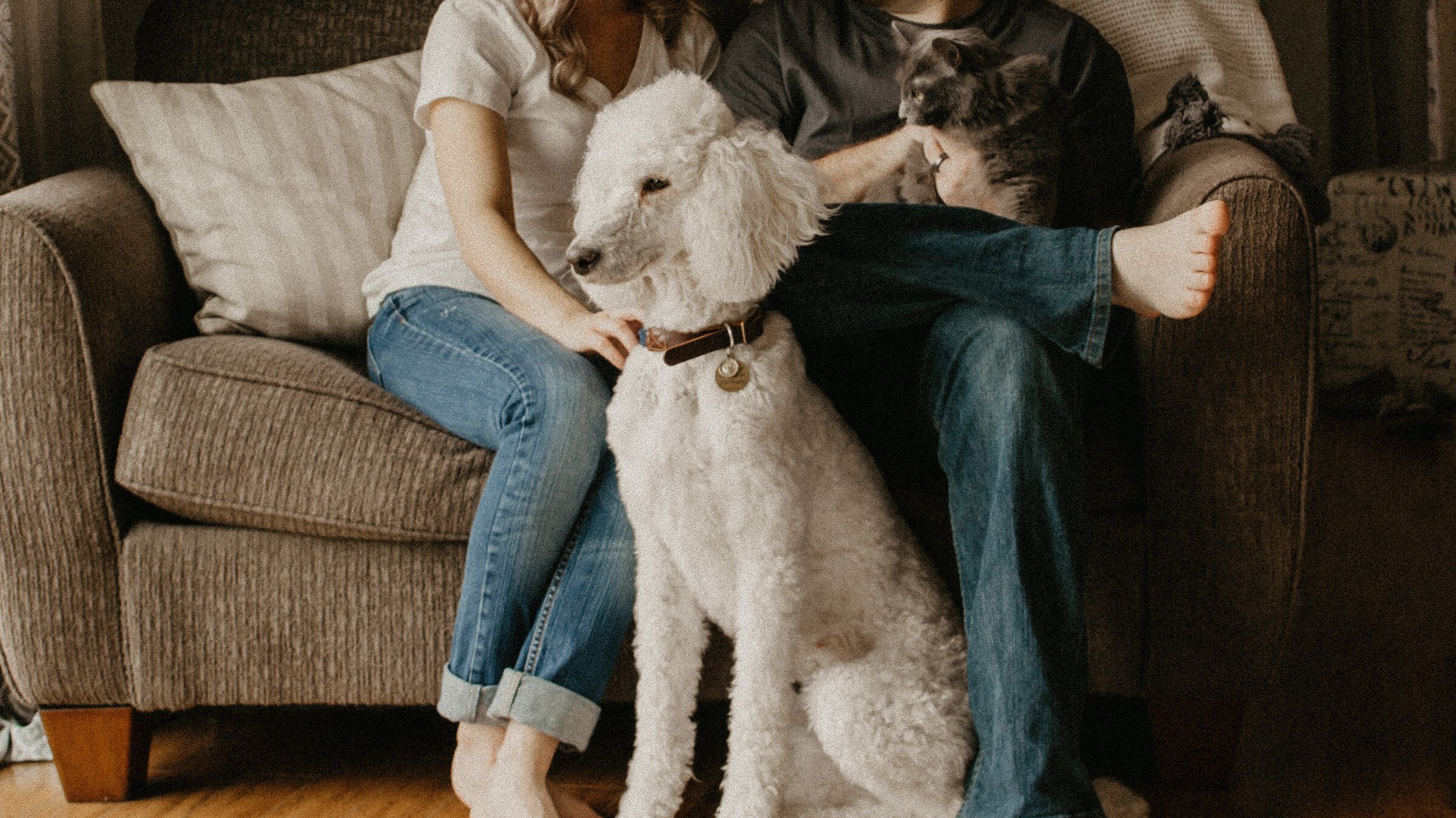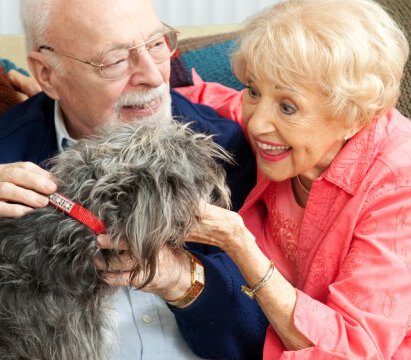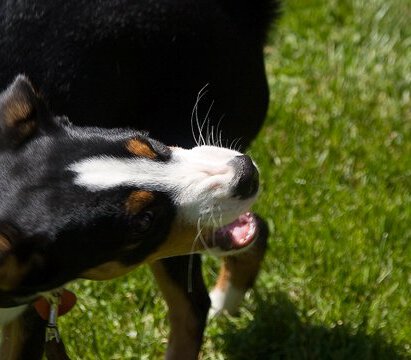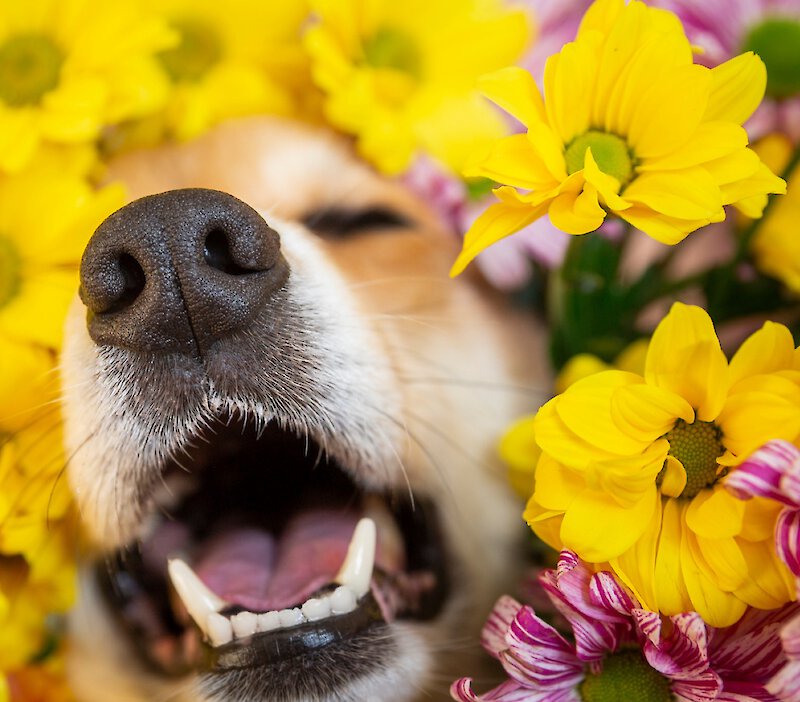Before you bring them home
Create a set of boundaries
Dogs thrive on order and clear guidance. They are family animals, so your dog needs to know who is guiding them, and that rules have been established. This gives them a feeling of safety and security that will be critical to their long-term happiness.
Hold a family meeting to create rules about caring for your dog
Will your new pup be allowed on the couch, the bed, and in all rooms of the house? Where will they sleep and eat? Who will walk them and clean up after them? As a family, you must all be consistent with your decisions or you will confuse your dog. This usually results in them making their OWN rules and causing unnecessary tension.
Make sure you have all the items your dog will need, right from the start
This includes ID tags, a collar and a 6’ leash, food and water bowls, quality food, toys, a crate and bedding, and basic grooming tools. When you are prepared, things always go more smoothly.
The first few days
Bring your new dog home when you can be there for a few days
Getting to know each other and establishing trust between you will make it far easier to teach your pup how to become comfortable in their new, unfamiliar home.
Just before you bring your dog into the home, take them for a walk to tire them out a little
Walks are not only good exercise, but they also serve as a training tool and an opportunity to show them positive leadership. Dog walks make for excellent bonding time!
Limit your dog to one room or area for a few days
This gives them time to familiarize themself with the smells and sounds of their new home without becoming overwhelmed.
Delay their introduction to other pets
Your rescue dog should not be left alone in the house with your existing pets until you have carefully monitored and controlled their interactions for a period of time.
Try to avoid having guests right away, to allow your dog to get comfortable with their new family
When you do have guests, ask them not to pay attention to your pup while they first arrive. This removes the pressure on your dog to meet people, and will ensure any over-exuberance goes without reinforcement or encouragement. A sign posted on the front door asking entrants to ‘ignore the dog’ is an easy way to indicate to your guests that you have a new dog in training.
Ensure your dog is examined by a vet within a week after adoption
Most rescue dogs will have been given basic vaccinations and many will have already been spayed/neutered, but a thorough health check is important to ensure their overall wellness.






